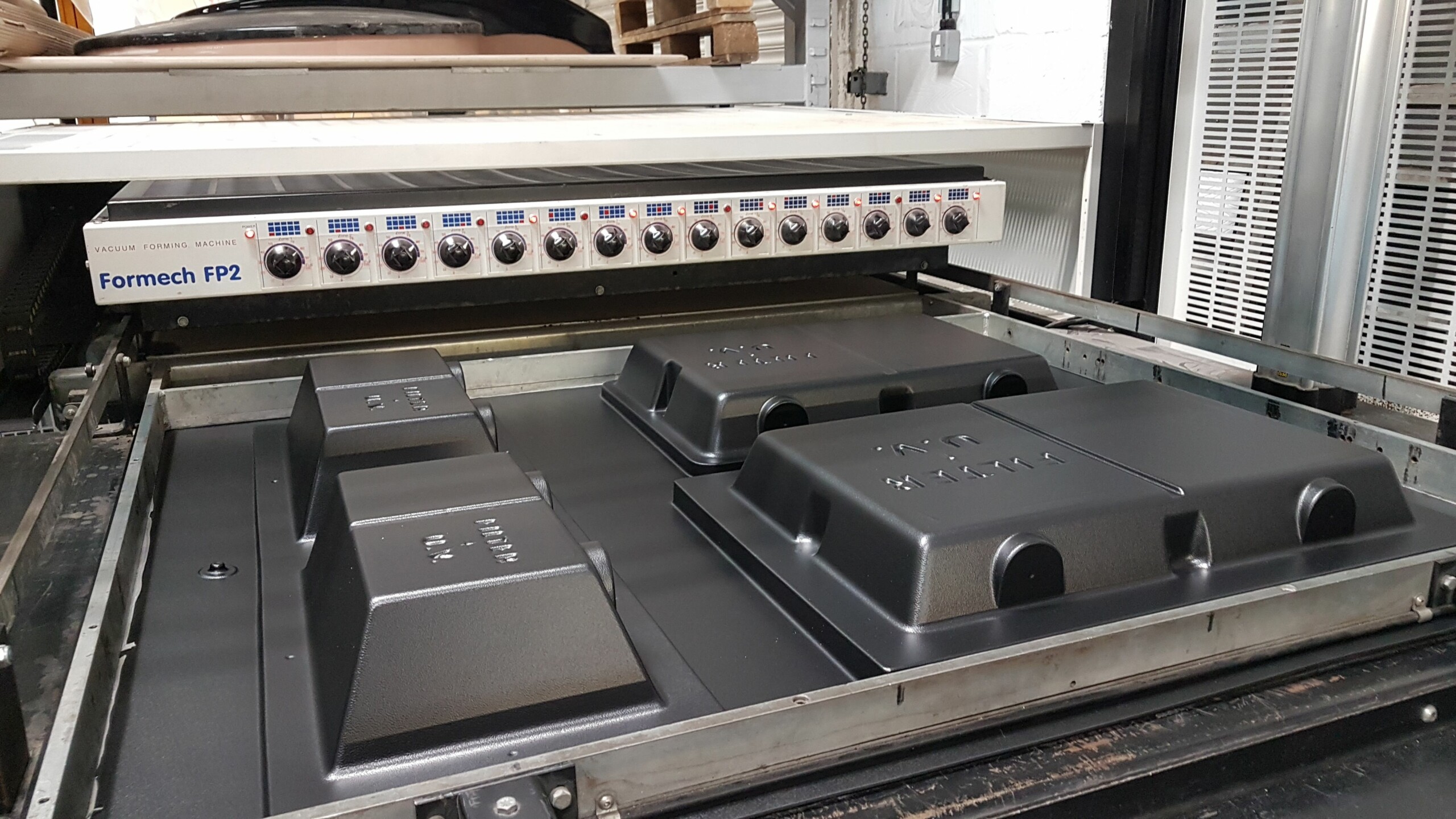Expert Insights aon Vacuum Forming
Expert Insights aon Vacuum Forming
Blog Article

Vacuum forming is a cost-effective plastic molding method that involves heating a polymer sheet until it becomes malleable, then applying vacuum pressure to mold it over a pre-formed mold.
How Vacuum Forming Works
The process starts with a thermoplastic material being softened until it reaches the required forming temperature. Once the material is ready, it is draped over a pattern, and a vacuum is applied to pull the material tightly over the mold, ensuring the required shape.
After forming, the material is solidified to retain its shape. The final product is then cut to remove unwanted material and processed for distribution.
Applications of Vacuum Forming
Vacuum forming finds its uses in sectors such as retail for creating durable plastic parts. Some common products made using vacuum forming include:
- Automotive parts
- Blister packs
- Medical device casings
- Retail displays
Why Choose Vacuum Forming?
One of the biggest advantages of vacuum forming is its affordability. Other significant benefits include:
- Rapid production
- Affordable molds
- Flexibility in design
- Lightweight materials
Final Thoughts
For businesses looking for an scalable plastic manufacturing solution, vacuum forming offers a valuable option.
Vacuum Forming Report this page